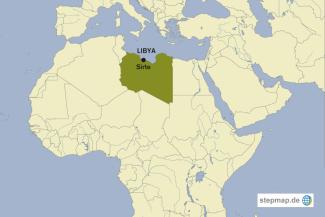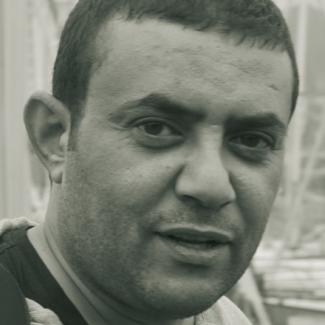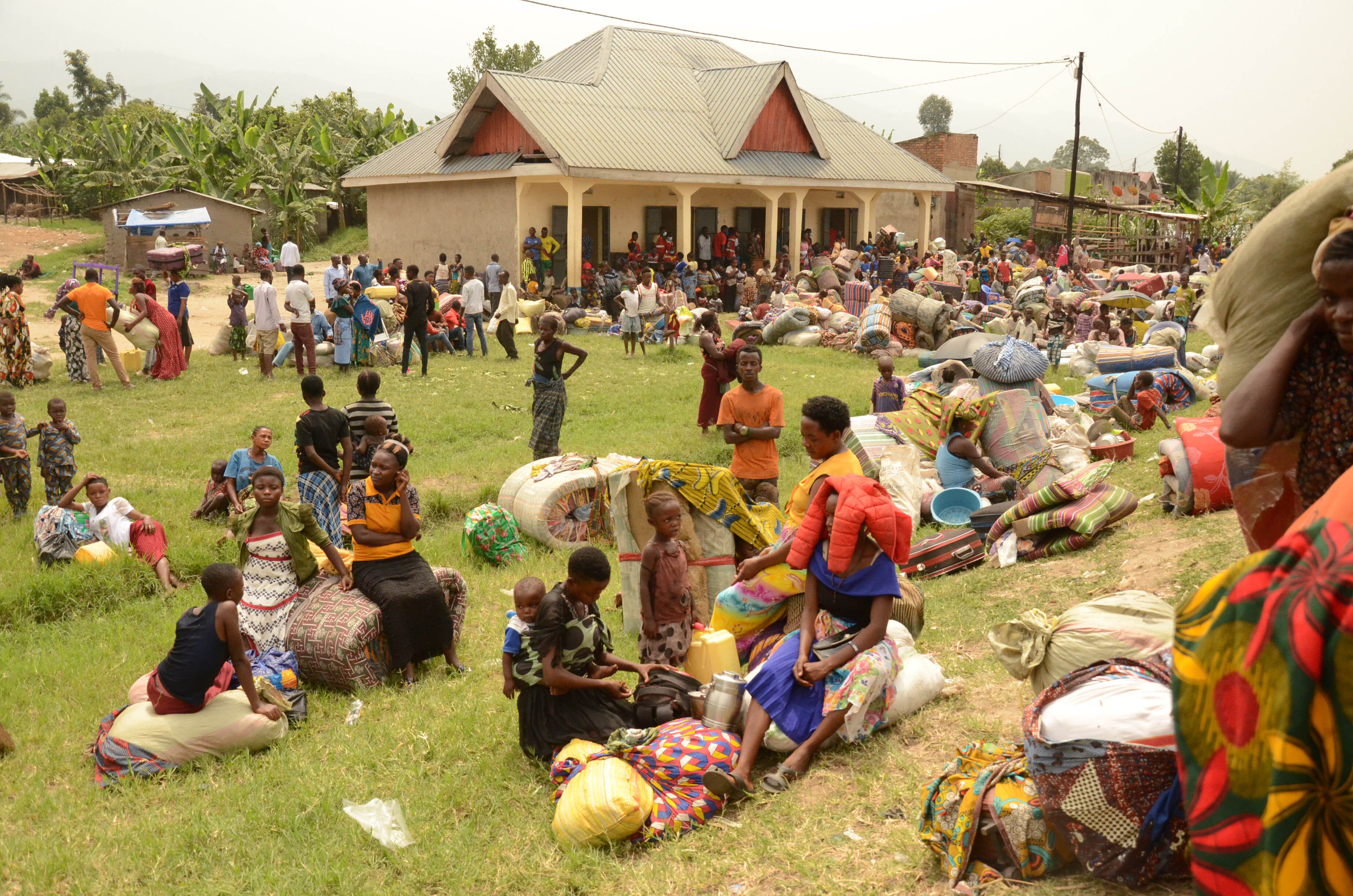Terrorism
Everyday life under terror regime

Because Sirte was the hometown of Muammar Gaddafi, the dictator of several decades, its residents are considered to have backed him. Accordingly, they face a lot of hostility. After the collapse of the Gaddafi regime, the town fell into the hands of a Libyan extremist Islamist militia called Ansar Sharia. Many people fled from Sirte.
Ever more jihadists from abroad, including neighbouring countries such as Tunisia, Egypt and Sudan, came to Libya. In Sirte, the power shifted to the international terrorist group. “ISIS snatched the town from the hands of local extremists,” an observer from Sirte recounts. “Now they have almost 4000 fighters there, and they rule this place with an iron hand.” ISIS controls police, jurisdiction, tax authorities and media. “They usually inform residents about their new laws through the local radio station which is under their complete control,” a local says.
One example was that ISIS declared in early December all real estate deals including renting, buying and selling must be done inside the Islamic court of the town so the ISIS tax system can examine them. Leaflets were also used to spread this information.
ISIS has imposed its own penal system. Each Friday at noon, the people are summoned to the main square to watch punishments. A local says: “Sometimes they beat somebody who was caught drinking alcohol. But at other times, they cut off the heads of people accused of crimes such as witchcraft.”
Talking to inhabitants of Sirte has become difficult and dangerous. Only the internet – and social media in particular – still grant the residents a window of communication with the outside world. The use of satellite dishes is prohibited. Residents have been ordered to take them off the roofs of their houses. But people still watch satellite television. “Yes, we took the dishes off the roof, but we set them on our balconies or other spaces in the buildings so that they are not visible from outside,” a local reports.
The University of Sirte is affected too. “We have reached a compromise with them, to let us teach our students without changing the curriculum,” one scholar says, “but we have to obey them regarding the dress code for female students, who now have to be covered from head to feet by a long black dress.” Nonetheless, one young woman states that the “dark days of terror will be over soon.” She may be right, but there will certainly be more suffering first. The country’s peace process is slow, but it is moving ahead. If it succeeds and Libyan forces unite, Sirte will be liberated. In January, Italy’s public broadcaster RAI reported that ISIS fears Sirte, its Libyan stronghold, will soon be attacked.
Moutaz Ali is a journalist and lives in Tripoli, Libya.
ali.moutaz77@gmail.com













